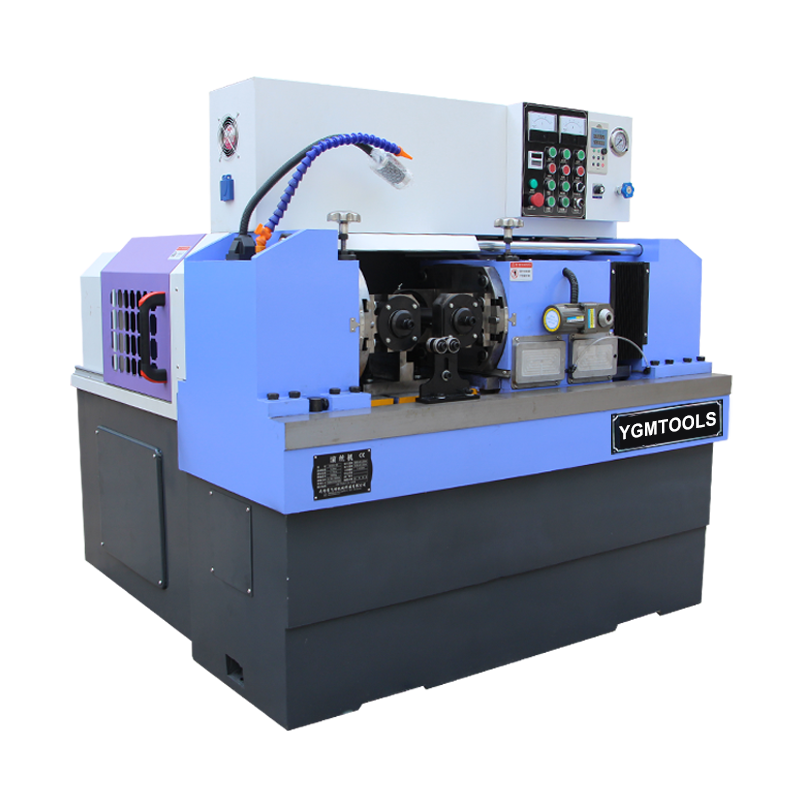
-
 Afrikaans
Afrikaans -
 Albanian
Albanian -
 Amharic
Amharic -
 Arabic
Arabic -
 Armenian
Armenian -
 Azerbaijani
Azerbaijani -
 Basque
Basque -
 Belarusian
Belarusian -
 Bengali
Bengali -
 Bosnian
Bosnian -
 Bulgarian
Bulgarian -
 Catalan
Catalan -
 Cebuano
Cebuano -
 Corsican
Corsican -
 Croatian
Croatian -
 Czech
Czech -
 Danish
Danish -
 Dutch
Dutch -
 English
English -
 Esperanto
Esperanto -
 Estonian
Estonian -
 Finnish
Finnish -
 French
French -
 Frisian
Frisian -
 Galician
Galician -
 Georgian
Georgian -
 German
German -
 Greek
Greek -
 Gujarati
Gujarati -
 Haitian Creole
Haitian Creole -
 hausa
hausa -
 hawaiian
hawaiian -
 Hebrew
Hebrew -
 Hindi
Hindi -
 Miao
Miao -
 Hungarian
Hungarian -
 Icelandic
Icelandic -
 igbo
igbo -
 Indonesian
Indonesian -
 irish
irish -
 Italian
Italian -
 Japanese
Japanese -
 Javanese
Javanese -
 Kannada
Kannada -
 kazakh
kazakh -
 Khmer
Khmer -
 Rwandese
Rwandese -
 Korean
Korean -
 Kurdish
Kurdish -
 Kyrgyz
Kyrgyz -
 Lao
Lao -
 Latin
Latin -
 Latvian
Latvian -
 Lithuanian
Lithuanian -
 Luxembourgish
Luxembourgish -
 Macedonian
Macedonian -
 Malgashi
Malgashi -
 Malay
Malay -
 Malayalam
Malayalam -
 Maltese
Maltese -
 Maori
Maori -
 Marathi
Marathi -
 Mongolian
Mongolian -
 Myanmar
Myanmar -
 Nepali
Nepali -
 Norwegian
Norwegian -
 Norwegian
Norwegian -
 Occitan
Occitan -
 Pashto
Pashto -
 Persian
Persian -
 Polish
Polish -
 Portuguese
Portuguese -
 Punjabi
Punjabi -
 Romanian
Romanian -
 Russian
Russian -
 Samoan
Samoan -
 Scottish Gaelic
Scottish Gaelic -
 Serbian
Serbian -
 Sesotho
Sesotho -
 Shona
Shona -
 Sindhi
Sindhi -
 Sinhala
Sinhala -
 Slovak
Slovak -
 Slovenian
Slovenian -
 Somali
Somali -
 Spanish
Spanish -
 Sundanese
Sundanese -
 Swahili
Swahili -
 Swedish
Swedish -
 Tagalog
Tagalog -
 Tajik
Tajik -
 Tamil
Tamil -
 Tatar
Tatar -
 Telugu
Telugu -
 Thai
Thai -
 Turkish
Turkish -
 Turkmen
Turkmen -
 Ukrainian
Ukrainian -
 Urdu
Urdu -
 Uighur
Uighur -
 Uzbek
Uzbek -
 Vietnamese
Vietnamese -
 Welsh
Welsh -
 Bantu
Bantu -
 Yiddish
Yiddish -
 Yoruba
Yoruba -
 Zulu
Zulu
Hydraulic Thread Rolling Machine Maintenance and Support Solutions for Optimal Performance
Hydraulic Thread Rolling Machine Service Ensuring Precision and Efficiency
In the world of manufacturing, precision engineering is paramount, especially in the production of threaded components. One of the most efficient and effective methods for creating threads is through the use of hydraulic thread rolling machines. These machines leverage hydraulics for power and control, ensuring a high degree of accuracy and consistency in the threading process. However, like any piece of machinery, regular maintenance and service are critical to ensure their optimal functionality.
Understanding Hydraulic Thread Rolling Machines
Hydraulic thread rolling machines utilize a die set to form threads by displacing material rather than removing it. This process is not only faster than traditional machining methods but also creates stronger and more durable threads. The hydraulic system in these machines provides the necessary force to perform the rolling process, allowing manufacturers to handle a wide range of materials, including metals and plastics.
The operation of these machines is relatively straightforward. A workpiece is fed into the machine, where two or more dies press against it to form the desired thread profile. This process can produce threads in various sizes and styles, making hydraulic thread rolling machines versatile tools for many industries, including automotive, aerospace, and general manufacturing.
Importance of Regular Service
Regular service of hydraulic thread rolling machines is essential for maintaining their longevity and performance. Over time, mechanical and hydraulic components can wear down or become damaged due to constant use. Neglecting service can lead to reduced accuracy, increased downtime, and costly repairs. Furthermore, the potential for defects in the finished product increases, which can affect the overall quality of the manufacturing process.
Routine maintenance typically includes checking and replacing hydraulic fluids, inspecting seals, and ensuring that the alignment of the dies is precise. Keeping the machine clean and free of debris is also crucial, as foreign materials can affect the rolling process and lead to defects.
Common Service Procedures
1. Hydraulic Fluid Inspection and Replacement One of the primary components that require attention is the hydraulic fluid. Regularly checking its level and viscosity can help prevent operational issues such as pressure drops and overheating.
hydraulic thread rolling machine service

2. Die Alignment and Maintenance The dies must be aligned correctly to ensure accurate threading. Over time, they can wear or shift, necessitating adjustments or replacements.
3. Cleaning and Lubrication Keeping the machine clean is vital. Regular lubrication of moving parts reduces friction and wear, promoting smoother operation.
4. Component Checks Periodic checks of the valves, pumps, and cylinders are essential to catch any signs of wear before they lead to significant failures.
5. Performance Testing After maintenance, running performance tests can help ensure that the machine operates within the required specifications. This step is crucial for confirming that the threading process remains efficient and accurate.
Benefits of Professional Service
While some maintenance tasks can be performed in-house, enlisting professional service can bring additional benefits. Experienced technicians have the expertise to identify issues that may go unnoticed and can perform more complex repairs. They can also provide valuable insights into optimizing the machine's operation for specific applications.
Additionally, professional services often include comprehensive evaluations that can extend the life of the machine. They can recommend modifications or upgrades that enhance performance, such as advanced control systems or updated die materials.
Conclusion
Hydraulic thread rolling machines are indispensable tools in modern manufacturing, known for their speed, strength, and precision. However, to realize their full potential, regular service and maintenance are necessary. By prioritizing these aspects, manufacturers can ensure the longevity and efficiency of their machines, resulting in high-quality products and reduced operational downtime. Through careful attention to their hydraulic thread rolling machines, companies can maintain a competitive edge in the ever-evolving landscape of manufacturing.
